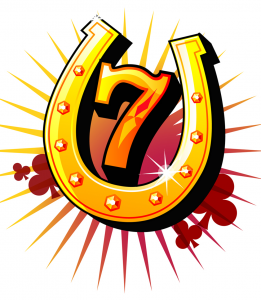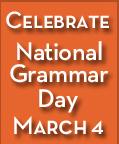 I can’t count the number of times I have heard indies talk about getting a return on their investment when it comes to advertising. Most people consider an ad successful only if they make more money from sales of their books than the ad cost them.
I can’t count the number of times I have heard indies talk about getting a return on their investment when it comes to advertising. Most people consider an ad successful only if they make more money from sales of their books than the ad cost them.
It’s undeniably great when that happens. But that’s not what marketing is for. Marketing is not for selling stuff – at least, not directly. It’s for making your brand so familiar to consumers that they will decide they need whatever it is you’re selling.
A single ad does not familiarity make. There’s an old chestnut in the marketing business that it takes seven contacts with a prospective customer before you will see any results. In general, someone needs to see your novel seven times before they’ll decide to buy. The technical term for this is “effective frequency” (also known as the Marketing Rule of Seven). Continue reading “The Name on Everyone’s Lips: Effective Frequency”

 I promised the folks who run National Grammar Day (it was Tuesday, for those of you who are keeping track) that I would write a post for IU about grammar this week. And ever since then, I’ve been trying to figure out what to write about.
I promised the folks who run National Grammar Day (it was Tuesday, for those of you who are keeping track) that I would write a post for IU about grammar this week. And ever since then, I’ve been trying to figure out what to write about. Unless you’ve been off-planet for the past couple of weeks, you have probably heard about bestselling author Hugh Howey’s new website,
Unless you’ve been off-planet for the past couple of weeks, you have probably heard about bestselling author Hugh Howey’s new website,  Back in broadcast journalism school, I was taught that the shorter and simpler the sentence structure, the better. Subject-verb-object ruled the day. Semicolons were verboten. I was told to count the words in my sentences to make sure I had no more than twenty words in each. (I’ve since heard the new rule is ten words per sentence. Yikes.) It made sense to keep sentence structure simple because we were writing for the ear – and a pretty distracted ear at that, given that the audience is probably either getting the kids off to school or driving to work in rush-hour traffic, with the radio as background noise.
Back in broadcast journalism school, I was taught that the shorter and simpler the sentence structure, the better. Subject-verb-object ruled the day. Semicolons were verboten. I was told to count the words in my sentences to make sure I had no more than twenty words in each. (I’ve since heard the new rule is ten words per sentence. Yikes.) It made sense to keep sentence structure simple because we were writing for the ear – and a pretty distracted ear at that, given that the audience is probably either getting the kids off to school or driving to work in rush-hour traffic, with the radio as background noise.